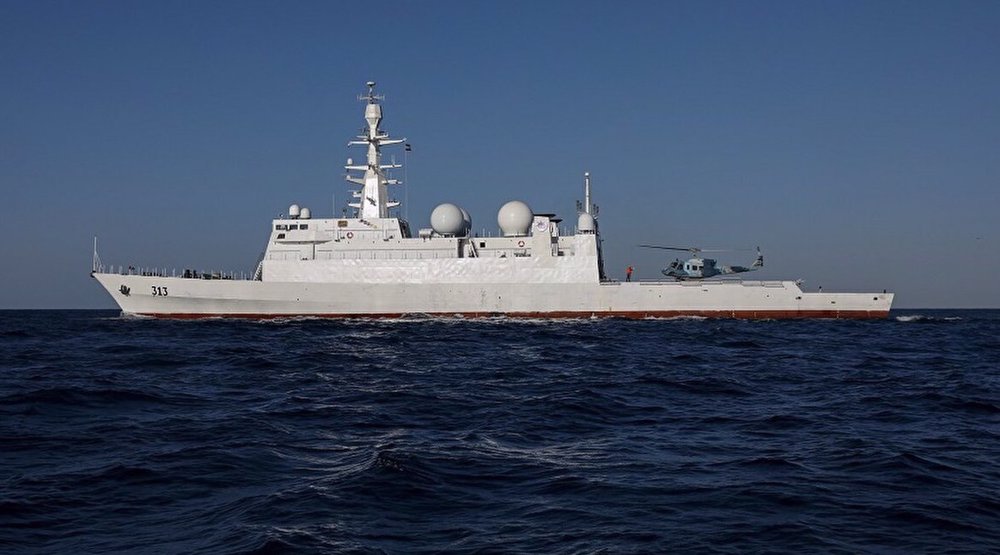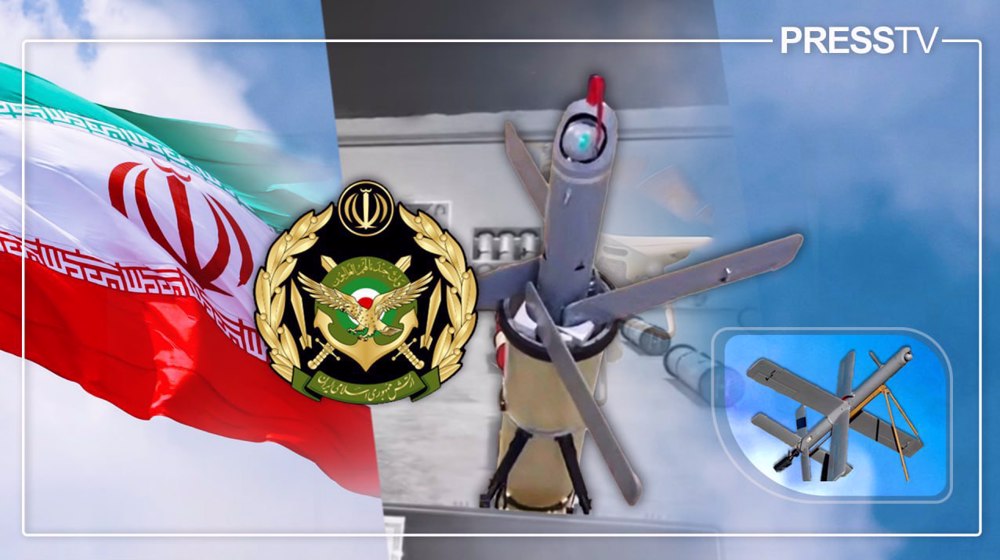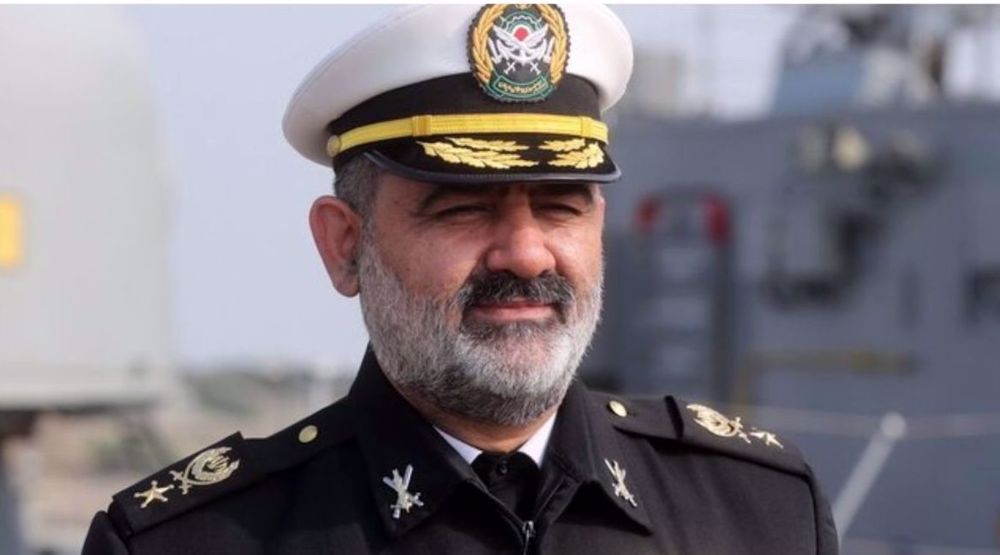US flies two nuclear-capable B-52 bombers over Persian Gulf again in threat to Iran
The Pentagon has deployed a pair of B-52 bombers to the Persian Gulf in yet another provocative military posture against Iran, just weeks before US President Donald Trump is due to leave office.
The nuclear-capable bombers flew nonstop from Minot Air Force Base in North Dakota and headed home after a show of force over the western side of the Persian Gulf on Wednesday, the Associated Press reported.
Announcing the deployment, the head of US Central Command said Wednesday that it was to show that “we are ready and able to respond to any aggression directed at Americans or our interests.”
“We do not seek conflict, but no one should underestimate our ability to defend our forces or to act decisively in response to any attack,” said General Frank McKenzie, without mentioning Iran by name.
It was the third time in six weeks that American bombers conducted long-range flights off the Iranian coast.
Earlier in December, two B-52 bombers flew nonstop from Barksdale Air Force Base in Louisiana, across Europe and then the Persian Gulf on a short-notice mission.
The US Navy also announced the arrival of a nuclear-powered submarine in the Persian Gulf last week. The USS Georgia passed the Strait of Hormuz accompanied by two American warships, making it the first missile-loaded submarine of its kind to enter the Persian Gulf in eight years.
The Iranian authorities have played down increased US military activities in the region over the past weeks, saying such moves are a mere defensive show, which stems from Washington’s fear of its past mistakes.
The latest deployment comes as Iranians and Iraqis are preparing to mark the first anniversary of the martyrdom of their popular commanders, namely Lieutenant General Qassem Soleimani and Abu Mahdi al-Muhandis, who were assassinated in a US drone strike on January 3.
The strike, which was directly ordered by Trump, triggered a strong anti-American backlash across the region, leading to growing calls for the US military to end its presence in the Middle East.
Iran unleashed a barrage of missiles on a US military base in Iraq on January 8 as part of its revenge for the assassination. US positions in Iraq have since been targeted several times.
On December 20, several Katyusha rockets landed in Baghdad’s highly fortified Green Zone, which houses the American embassy.
Washington was quick to point the finger at Iran, but the Islamic Republic has strongly denied any involvement.
“Some friendly health advice to Iran: If one American is killed, I will hold Iran responsible. Think it over,” Trump warned Iran via Twitter on December 23.
While repeatedly saying that its “harsh revenge” for Soleimani’s assassination is not yet over, Iran has also indicated that it views revenge in a broader sense than just military strikes against US forces.
Days ago, Iran’s ambassador to Baghdad told Al-Ahed news that Iran reserves the right to avenge the “historic crime,” but its revenge is not necessarily a military action.
“Revenge for the assassination of General Soleimani is not necessarily a military action. Rather, the expulsion of American forces from the region can be [our] revenge for General Soleimani’s blood,” Iraj Masjedi said.
'Capitulation': Israeli officials and media concede Gaza defeat as truce unfolds
'Gaza has won': Social media users react to ceasefire with mix of relief, joy
Iran seeks South Korea’s assistance for AI, fiber-optic projects
VIDEO | Iran's 'Eqtedar' (Power) maneuver
Israel hits HTS military target in Syria for 1st time since fall of Assad
VIDEO | Press TV's news headlines
Israel has slaughtered 13,000 students in Gaza, West Bank
VIDEO | More Zionist than Zionists: Biden’s legacy to be defined by Gaza genocide















 This makes it easy to access the Press TV website
This makes it easy to access the Press TV website